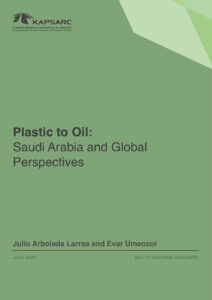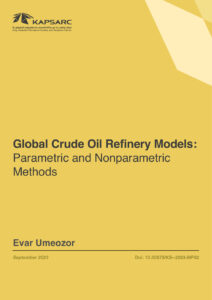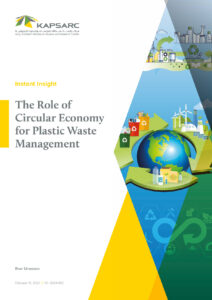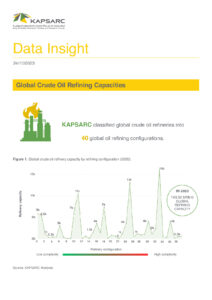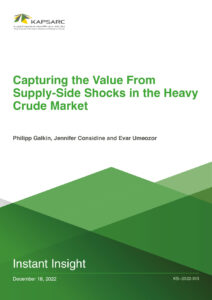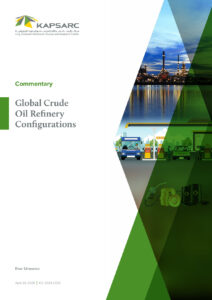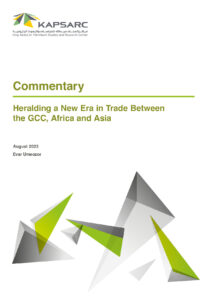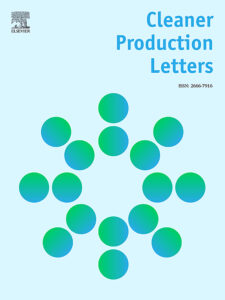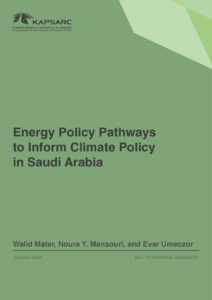
Energy Policy Pathways to Inform Climate Policy in Saudi Arabia
Saudi Arabia has announced plans to cut greenhouse gas (GHG) emissions by 278 million tons of CO2 equivalent (CO2e). In this regard, this paper contributes a modeling view of the climate-related effects of various energy policies on the Saudi energy system. The baseline entails the continued progression of current domestic policies without energy price reform. We examine two main alternative scenarios: The announced policies scenario (APS) incorporates some of the plans that the Saudi government has announced. In the other scenario, we run the baseline scenario with a cap on total CO2 emissions equal to those displayed in the announced policies.
13th November 2023
